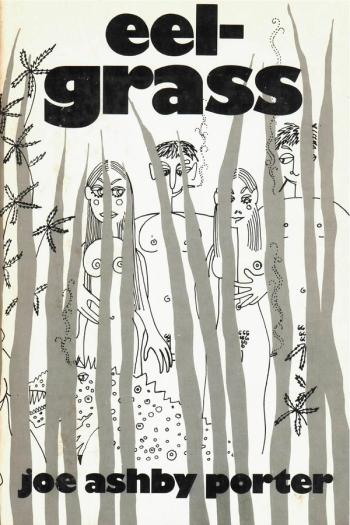Joe Ashby Porter
In 2004 after winning an Academy Award in Literature, the American Academy of Arts and Literature said of Joe Ashby Porter, “No writer of his gifted generation has shown greater daring or has earned higher praise.” Clearly a remarkable writer, Porter (1942– ) has written ten books and has served as an editor of nine others. He was born in Kentucky and received his bachelor’s from Harvard University, and an MA and PhD from the University of California, Berkeley. Over the years Porter has received a Fulbright fellowship, two National Endowment for the Arts fellowships, two Pulitzer Prize nominations for The Kentucky Stories and Touch Wood, and many other awards. Under the pseudonym of Joseph A. Porter he publishes scholarly articles and books, mostly on Shakespeare. Porter’s short stories and fiction have appeared in numerous periodicals such as Harper’s and the Yale Review, and anthologies including the Best American Short Stories. He served as a writer-in-residence at Brown and at the Université François Rabelais in Tours, and is a Professor of English and Theater Studies at Duke University.

